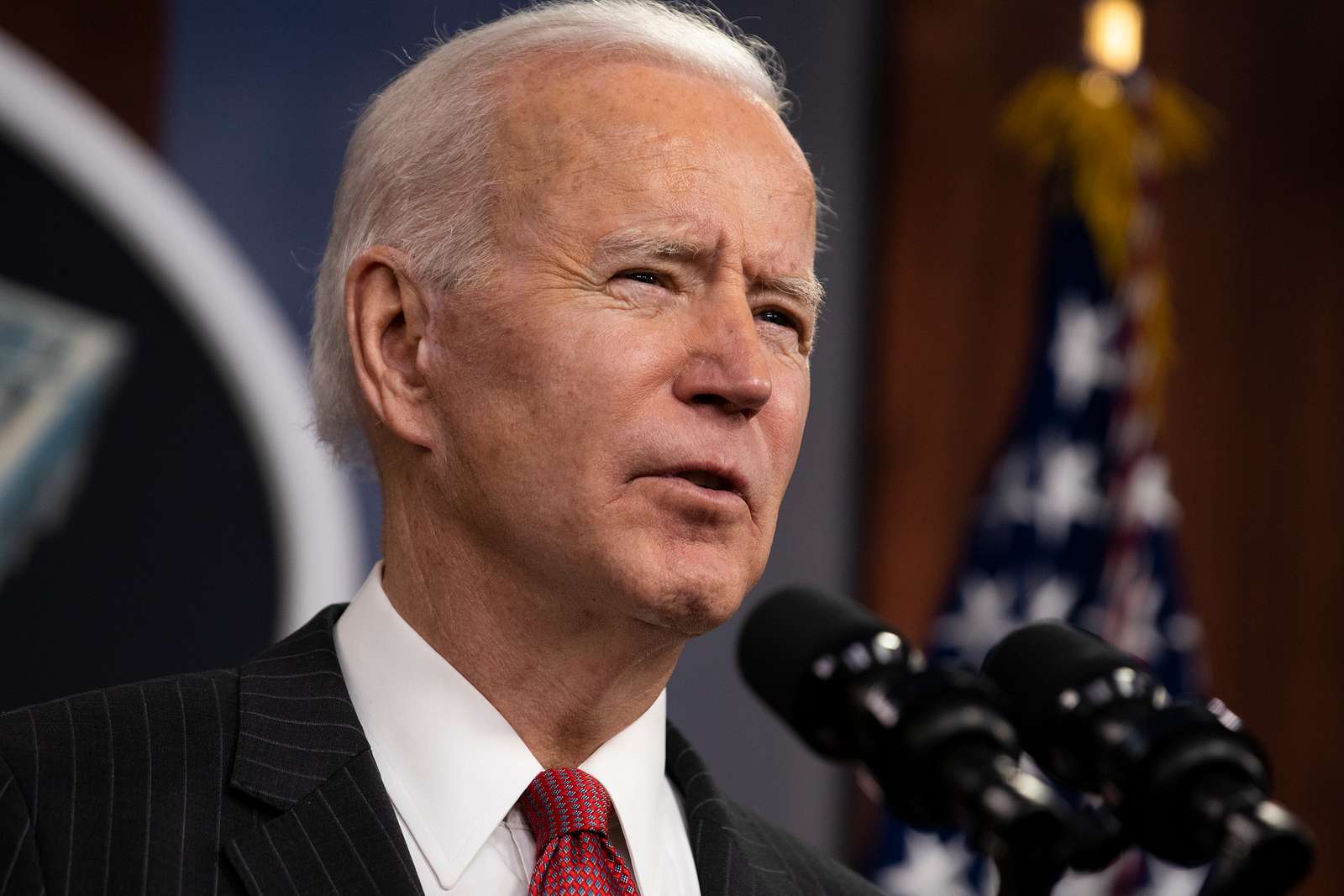MADRID (Transatlantic Today) – On Wednesday, President Joe Biden pledged to expand U.S. military operations across Europe as he sought to demonstrate NATO members’ strength and solidarity as they deal with Russia’s assault in Ukraine.
Biden announced that the United States will establish a permanent headquarters for the U.S. 5th Army Corps in Poland, the first permanent American presence on NATO’s eastern flank, during his speech on the first day of the forum. Along with enhancing previous rotational operations in the Baltic nations, the U.S. will deploy more troops into Romania.
According to NBC NEWS, the United States will also deploy two F-35 squadrons to the United Kingdom, increase air defense and other assets in Italy and Germany, and expand naval operations in Spain by stationing six destroyers instead of the current four there.
According to Biden, the actions were taken to make sure NATO was prepared to handle any attacks from the sea, air, and land. The declaration comes as the first entire day of the NATO leaders’ summit in Madrid gets underway. This conference may turn out to be one of the most significant in the 73-year history of the military bloc.
The United States sent 20,000 more troops to Europe earlier this year, raising the total number of American military personnel stationed there to 100,000.
On the first day of the meet, Biden was successful in getting one controversial subject off the table by pressuring Turkish President Recep Tayyip Erdoan to withdraw his resistance to Sweden and Finland’s joining NATO. The three nations’ foreign ministers agreed in a memorandum signed on Tuesday that Turkey will support Finland and Sweden’s NATO applications, removing the final obvious obstacle to their admission.
NATO’s ability to thwart any future Russian assault against its member nations will be significantly strengthened by the decision to enlarge the alliance and announcements about expanding the number of soldiers in the east.
In March, when the leaders of NATO last convened in Brussels for an emergency summit, there was a sense of elation among the alliance’s participants as they joined arms against Russia out of concern that they may be next if Ukraine were to collapse. A few years ago, when members publicly questioned if the union was still relevant, this marked a significant turnabout.
While the 30 NATO countries have remained steadfast in their support for Ukraine, there have been disagreements on a number of matters in the intervening months, including how severe to make Russia’s punishment to the required level of military readiness.
Nevertheless, Biden wants to present a united front to Russia after the conference, a goal that is substantially helped by the agreement reached by Sweden, Turkey, and Finland.
Before the meeting began, NATO Secretary General Jens Stoltenberg announced a significant restructuring of the alliance’s military stance and objectives, expanding the number of its troops in a state of high preparedness from the present level of 40,000 to more than 300,000. He also announced an increase in military equipment and supplies in the NATO countries bordering Russia.
According to Stoltenberg, the alliance will make it plain in its so-called Strategic Concept that it no longer sees Russia as a “strategic partner” but rather as a “direct threat.”
According to NBC News, Biden intends to make public modifications to American force deployments in various Baltic nations as well as the continuation of part of the expanded American army presence in Poland that he approved before Russia’s invasion of Ukraine.
This week, however, a lot of unanswered issues still exist, including how to finance efforts to bolster NATO’s defenses. Only nine of the member nations are fulfilling the NATO goal of allocating 2% of their GDP to defense.
As more nations experience the negative economic repercussions of growing inflation, notably skyrocketing energy prices, defense expenses are increasing. German authorities have warned that if Russia were to further reduce the quantity of gas it is pumping into the country, Germany may enter a recession.
While the European Union is pursuing a more cautious approach and aims to stop buying Russian oil by the end of this year, Canada and the United States have already banned all imports of Russian oil.
Another area where NATO members’ perspectives have varied is China. Given their reliance on China as a trade partner for their economies, some members of the group have been unsure of how far to go while Biden has advocated for a tough stance on China.
However, the U.S. has expressed confidence that there would be enough ground to agree on.


























